
This handout contains instructions for a discussion strategy that helps students practice being active speakers and active listeners.
Facing History & Ourselves, “Instructions for Save the Last Word for Me”, last updated June 17, 2017.
Students explore the strategies, risks, and historical significance of the 1963 Chicago school boycott, while also considering bigger-picture questions about social progress.

Help students explore the underlying causes of racial inequity in coronavirus outcomes with the activities in this mini-lesson.
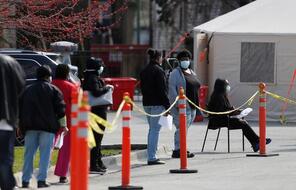
In this mini-lesson, students learn about the history of voting rights in the United States and consider how current voting laws in different states impact voters today.
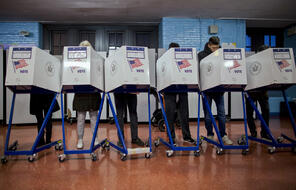
In this mini-lesson, students learn about the history of democratic and anti-democratic efforts in the United States and examine sources that illuminate this tension from Reconstruction through today.
Students consider what it means to be free by learning about the choices and aspirations of freedpeople immediately after Emancipation.
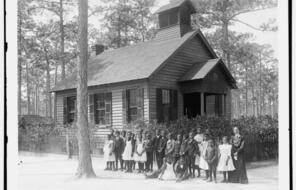
Teach students about the Chinese Exclusions Act, an immigration law passed in 1882, and its lasting impact on attitudes toward citizenship and national identity in the United States today.
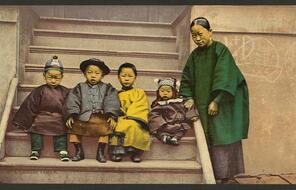
Explore the origin and legacy of the Take A Knee protest in the NFL, the significance of the more recent athlete boycotts, and the long history of athletes protesting racial injustice in the United States.
 Athletes and American Flags. " />
Athletes and American Flags. " />
This mini-lesson guides students to use an iceberg diagram to synthesize the events of January 6, 2021, and outline the complex array of causes at work.
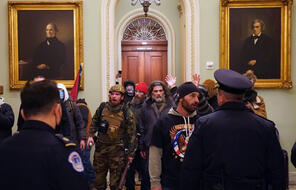
This mini-lesson is a guide for teachers to begin conversations with their students about George Floyd’s death and the events that surround it.

Inform students about the rising number of antisemitic incidents in the United States and explore the story of one teacher’s response to an antisemitic incident involving high school students in her community.

This mini-lesson is designed to help guide an initial classroom reflection on the January 6, 2021, insurrection at the US Capitol.

This mini-lesson helps students define the term, learn what forms reparations can take, and consider what reparations should be offered for slavery and other racist policies.